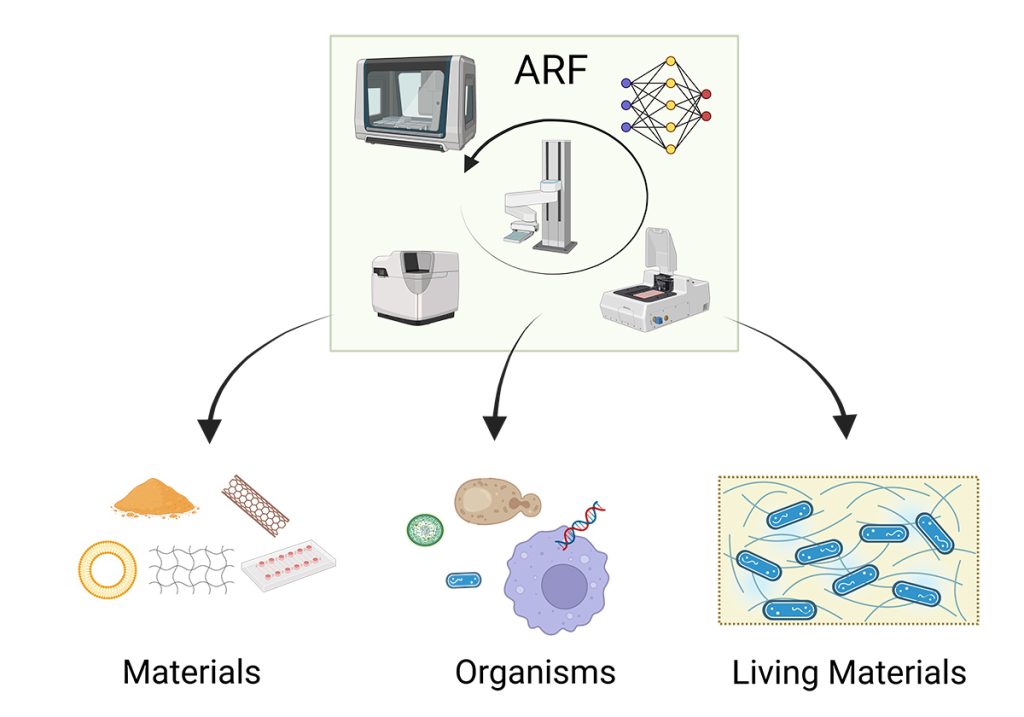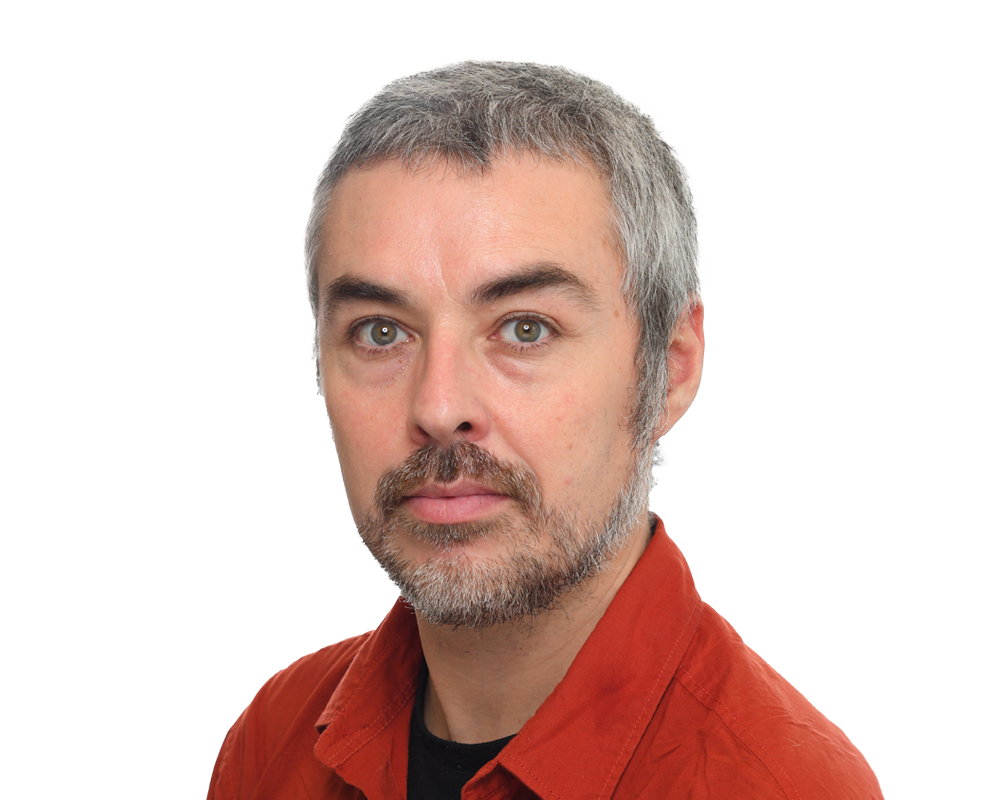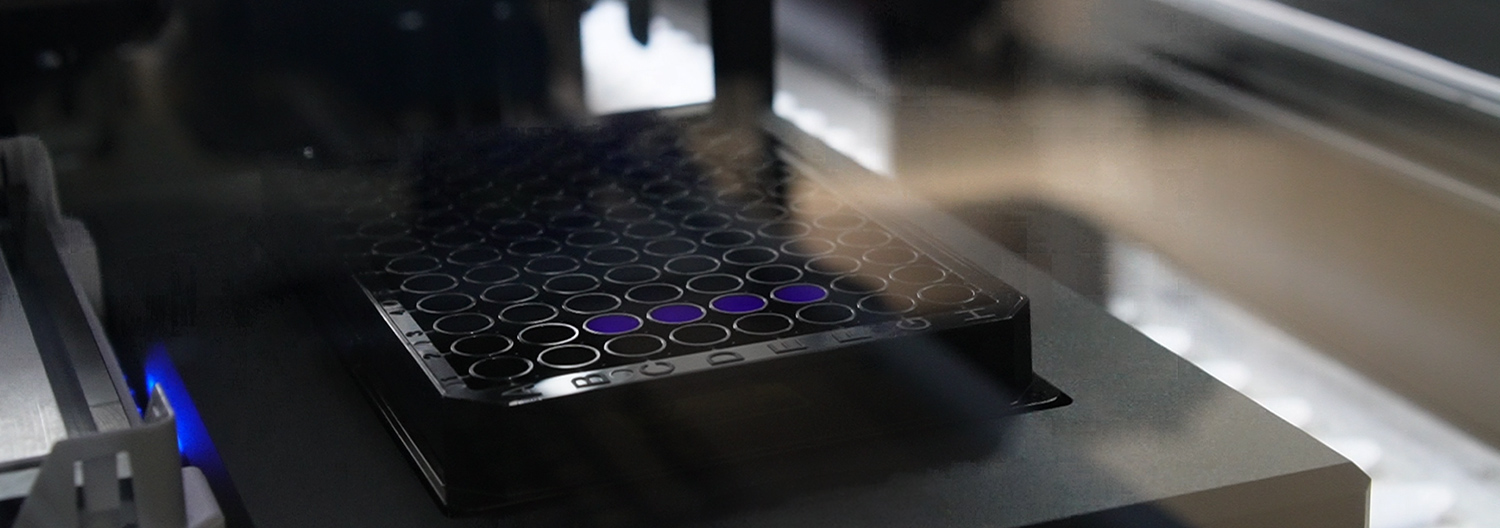Using automation to build new materials at the interface of Synthetic Biology, Material and Computer Sciences
The Leibniz-INM accelerated research foundry (ARF) core facility is a specialized research and service laboratory focused on developing automation methods and workflows at the interface of the material sciences, synthetic biology, and artificial intelligence. Our goal is to accelerate the development of cutting-edge function, performance, and sustainability in new materials. For this, we use rational and combinatorial engineering of biological and chemical building blocks to compose hybrid materials. With the help of machine-learning and other computational methods, DBTL (design-build-test-learn) iterative cycles are performed to reach desired functionalities.

Figure 1: The accelerated research foundry (ARF) aims at catalyzing the discovery process of new materials. Automated laboratory methods allow the high-throughput formulation and analysis of materials, whereas computational methods allow the prediction of their properties from the information in their chemical and biological building blocks.
The Leibniz-INM Accelerated Research Foundry (ARF):
- Interfaces with the wider academic, startup and company ecologies in its international surroundings
- Has strong collaboration with Chemical Analytics, Electron and Fluorescence Microscopy Core INM Facilities and research groups

Core Technologies and Methods
Synthetic Biology automation
Automated workflows for molecular cloning, cell-biological screening, directed evolution and protein engineering for mammalian cells and both conventional and unconventional fungi and bacteria.
Material Sciences automation
Combinatorial matrix/polymer formulations, AI-guided formulations for the integration of chemical and biological building blocks in engineered living materials, high throughput physical characterization and efficient automated handling of volatile and viscous liquids.
Methods and Instrumentation

The ARF has 120 square meters available for diverse applications, including the synthesis and analysis of engineered living materials. Additional capabilities are under continuous development.
- Automated DNA assembly / synthetic biology
- Automated photopolymerization and handling of viscous solutions (Optimized Hamilton Nimbus with an integrated OptoLabs 96-well illumination device)
- High-throughput nanoindentation (Optics11Life Pavone)
- High-throughput screening confocal microscopy (Zeiss Cell discoverer 7)
- Custom-built solid dispensing
- Acoustic nanoliter liquid dispensing (coming soon)
- Automated colony picking and plating (coming soon)
Work with us
We are currently searching for motivated students and research assistants. We sponsor applications to third-party funding for Postdocs and PhD students interested in materials + biological automation. If you are interested, get in touch with us
Collaborations
We are always open for academic collaborations and working with startups and companies worldwide.

